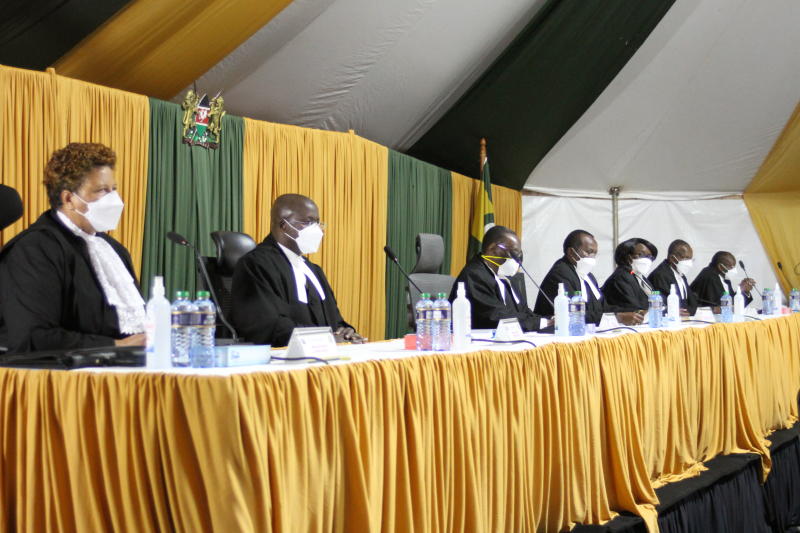×
The Standard e-Paper
Fearless, Trusted News

From 1964 we began to amend the independent Constitution without much consultation with the people of Kenya. It may have been expedient to do so. However, as a result, eventually the clamour for a people’s driven constitution emerged.
Apart from recording history, I make this observation to warn us, yet again, that whenever we want to change our new constitution, we must do so with utmost caution. Obviously any constitution must be changed occasionally to accommodate changing times.